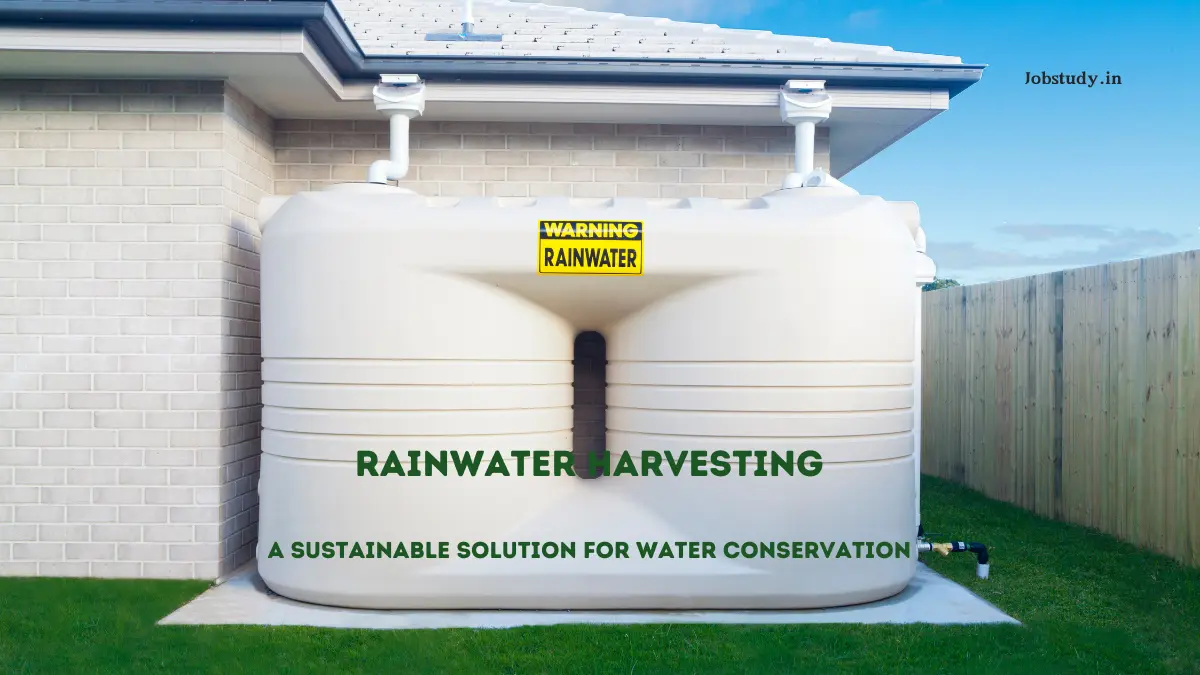Discover why sustainability is crucial for development and the consequences of unsustainable practices. Learn how individuals, businesses, and governments can promote sustainable development and ensure a better future for generations to come. Read our in-depth article on why is the issue of sustainability important for development. Sustainability has become a crucial issue in recent years, as the world faces increasing environmental challenges such as climate change, loss of biodiversity, and depletion of natural resources. The concept of sustainability is closely related to development, which is defined as the process of improving people’s lives and promoting economic growth. In this article, we will explore why sustainability is important for development and how it can be achieved.
What is Sustainability?
Sustainability refers to the ability of a system or process to endure over time without degrading the resources upon which it depends. In the context of development, sustainability means that economic growth and social progress must be achieved without compromising the environment, natural resources, or the well-being of future generations.
The Importance of Sustainability for Development
- Environmental Protection: Sustainable development focuses on protecting the environment and reducing the impact of human activities on natural resources. By doing so, we can preserve natural habitats, protect biodiversity, and ensure that future generations have access to clean air, water, and land.
- Social Equity: Sustainability also emphasizes social equity, which means that economic growth and development must benefit all members of society, regardless of their income, gender, race, or ethnicity. This requires the development of policies and programs that promote equal access to education, healthcare, and other basic services.
- Economic Prosperity: Sustainable development also promotes economic prosperity by encouraging the use of renewable resources and technologies that reduce waste and pollution. This can lead to the creation of new jobs, increased productivity, and a more efficient use of resources.
- Long-term Planning: Sustainability requires long-term planning and decision-making that takes into account the potential impacts of development on future generations. This means that we must consider the environmental, social, and economic consequences of our actions and make choices that promote the well-being of both present and future generations.
Achieving Sustainability in Development
- Green Technologies: One of the key ways to achieve sustainability in development is by promoting the use of green technologies that reduce waste, energy consumption, and pollution. These technologies include renewable energy sources, sustainable agriculture practices, and green building materials.
- Resource Efficiency: Another important aspect of sustainability is resource efficiency, which means using resources more efficiently and minimizing waste. This can be achieved through the use of circular economy models that promote reuse, recycling, and repurposing of materials.
- Sustainable Policies: Sustainable development also requires the development of policies and regulations that promote sustainability, such as regulations on carbon emissions, the protection of natural habitats, and the promotion of sustainable transportation.
In recent years, there has been a growing recognition of the importance of sustainability for development. The world’s population is expected to reach 9.7 billion by 2050, and this will place enormous pressure on the planet’s resources. To ensure that future generations can meet their needs, development must be sustainable. This means that development must be economically, socially, and environmentally sustainable.
Economic Sustainability
Economic sustainability is the ability of an economy to provide for the needs of the present generation without compromising the ability of future generations to meet their own needs. This means that economic development must be sustainable, and not rely on the depletion of natural resources. Sustainable economic development requires that economic growth be decoupled from resource use and pollution.
Social Sustainability
Social sustainability is the ability of a society to meet the needs of the present generation without compromising the ability of future generations to meet their own needs. This means that social development must be sustainable, and not rely on the exploitation of vulnerable groups. Sustainable social development requires that social justice, equity, and human rights be at the center of development efforts.
Environmental Sustainability
Environmental sustainability is the ability of the environment to meet the needs of the present generation without compromising the ability of future generations to meet their own needs. This means that environmental development must be sustainable, and not result in the destruction of ecosystems and biodiversity. Sustainable environmental development requires that natural resources be used in a way that preserves and enhances the environment.
Importance of Sustainability for Development
The issue of sustainability is important for development for several reasons. First, it ensures that development is long-term and not short-sighted. Sustainable development considers the needs of future generations and ensures that the resources needed for their survival are not depleted. Second, it ensures that development is equitable and benefits everyone. Sustainable development ensures that development benefits the most vulnerable groups in society, such as women, children, and the elderly. Third, it ensures that development is environmentally responsible. Sustainable development ensures that development does not result in the destruction of ecosystems and biodiversity, which are essential for the survival of all living organisms.
Achieving Sustainability for Development
Achieving sustainability for development requires a concerted effort from all sectors of society. Governments, businesses, and individuals all have a role to play in achieving sustainability for development. Governments must create policies that promote sustainable development, such as renewable energy targets and regulations on emissions. Businesses must adopt sustainable practices, such as reducing waste and investing in renewable energy. Individuals must also adopt sustainable practices, such as reducing their carbon footprint and reducing their consumption of resources.
Conclusion
Sustainability is essential for development, as it promotes environmental protection, social equity, economic prosperity, and long-term planning. Achieving sustainability in development requires the promotion of green technologies, resource efficiency, and sustainable policies that balance economic, social, and environmental considerations. By working towards sustainability, we can ensure that future generations have access to the resources and opportunities they need to thrive.
Why is the Issue of Sustainability Important for Development? FAQs
What is sustainable development?
Sustainable development refers to the process of improving people’s lives and promoting economic growth in a way that does not compromise the environment, natural resources, or the well-being of future generations.
Why is sustainability important for development?
Sustainability is important for development because it promotes environmental protection, social equity, economic prosperity, and long-term planning.
What are some examples of green technologies?
Green technologies include renewable energy sources, sustainable agriculture practices, and green building materials.
How can we achieve sustainability in development?
We can achieve sustainability in development by promoting green technologies, resource efficiency, and sustainable policies that balance economic, social, and environmental considerations.
What is resource efficiency?
Resource efficiency means using resources more efficiently and minimizing waste through the use of circular economy models that promote reuse, recycling, and repurposing of materials. This can help reduce the environmental impact of human activities and conserve resources for future generations.
What is social equity in sustainable development?
Social equity in sustainable development refers to the principle that economic growth and development should benefit all members of society, regardless of their income, gender, race, or ethnicity. This requires the development of policies and programs that promote equal access to education, healthcare, and other basic services.
In conclusion, sustainability is a critical issue for development, as it promotes environmental protection, social equity, economic prosperity, and long-term planning. Achieving sustainability requires the adoption of green technologies, resource efficiency, and sustainable policies that balance economic, social, and environmental considerations. As individuals, we can also play a role in promoting sustainability by making conscious choices about our daily actions and supporting policies that prioritize sustainability. By working together towards sustainability, we can build a more prosperous and equitable future for all.






